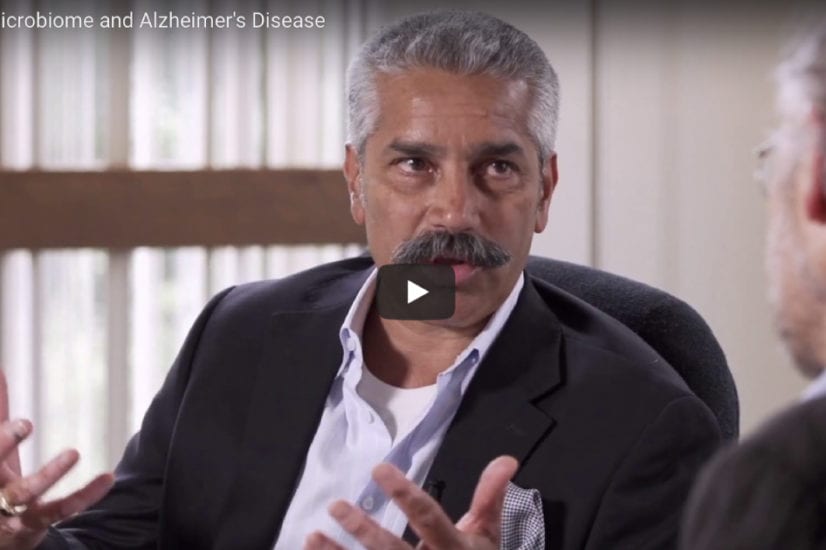
Posted July 1, 2013
BOSTON – New research examining levels of the hallmark proteins linked to Alzheimer’s disease found in patients suffering from post-operative cognitive changes (POCC) may lead to safer surgery care and better post-operative outcomes for senior adults.
The study, taking place at Massachusetts General Hospital with partial funding from the Cure Alzheimer’s Fund, tested the cognitive abilities of 136 patients one week before, one week after, and again 3 – 6 months post-elective knee or hip replacement surgery. Lead researcher and corresponding author Zhongcong Xie, Ph.D., and his associates looked at the levels of Abeta proteins and Tau proteins in each patient’s cerebrospinal fluid (CSF). Abeta proteins are key components of the plaque outside nerve cells in the brain associated with Alzheimer’s, and neurofibrillary tangles are made up of an insoluble buildup of Tau proteins inside nerve cells. The ratio of Abeta to Tau has been considered as a biomarker of Alzheimer’s disease.
Xie and his research team found those with a lower ratio of Abeta to Tau in their CSF before surgery performed worse on the cognitive tests postoperatively than those with higher levels, which Xie hypothesizes is because more Abeta is being accumulated in the brain.
Uncovering the link between ratios of Abeta to Tau in the CSF may lead to better identifying patients at high risk for cognitive changes post surgery.
“With these results, we can continue to work toward improving our surgery care and outcomes for these senior adults,” said Xie. “This is an important finding as we continue to learn about the long-term effects of anesthesia and surgery can have on senior adults and their post-operative thinking.”





